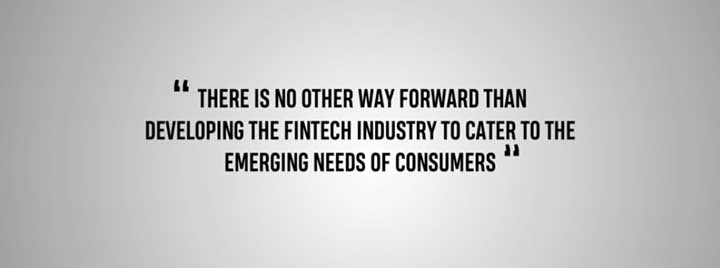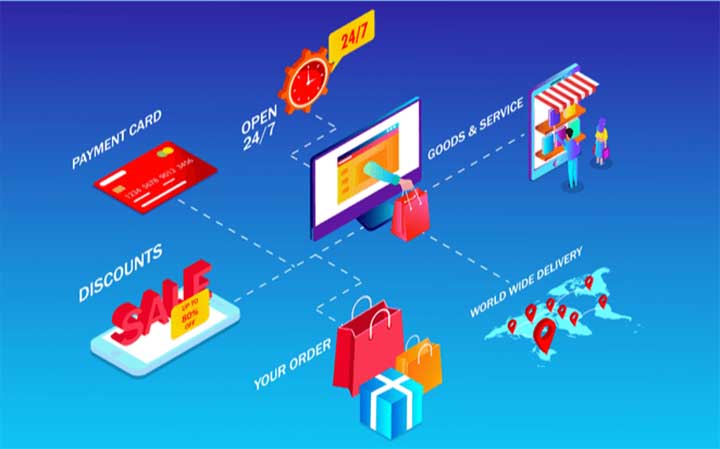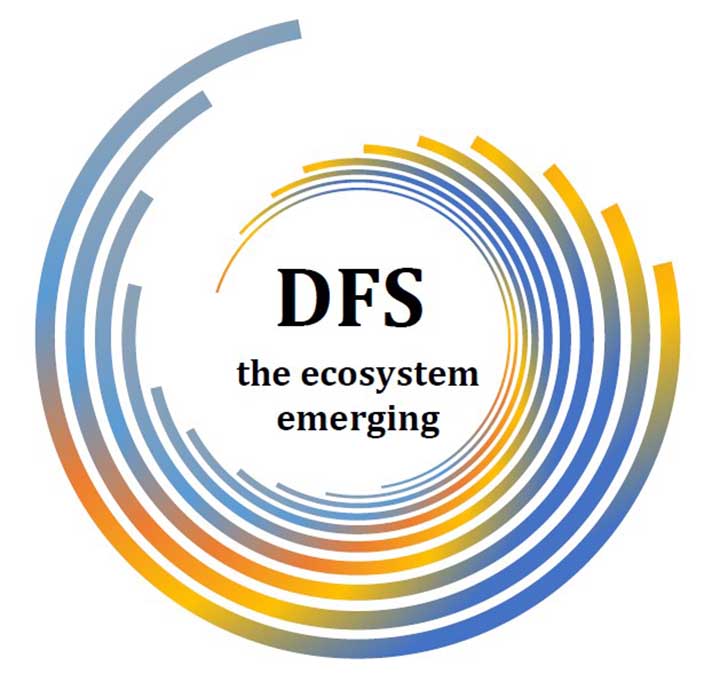IN CONVERSATION WITH REZAUL HOSSAIN
By Rezaul Hossain | September 26, 2019

Rezaul Hossain, Managing Director & CEO of Celero Ltd. and Co-founder & Director of Nagad, has extensive exposure in successfully transforming Bangladeshi consumers from “Wireless” to “Cashless”. He has more than 24 years of work experience in Sales, Distribution, Marketing and Product development in ICT, Telecommunication and Digital money industries. He is also the Managing Director & CEO of Kiu Bangladesh Ltd. He has received his MBA from the University of Dhaka, majoring in Accounting.
Recently, Bangladesh Brand Forum (BBF) had an exclusive conversation with Rezaul Hossain, excerpts of which are as follows
BBF: You have been a part of the journey in the emergence of mobile banking in Bangladesh. What impact do you hope to create in this space with the founding of Nagad?
Rezaul Hossain: During my time in bKash, I realized the market potential and the fact that it was not possible by one single company to cater to the whole mobile financing market. In order to develop the industry, there needed to be more competitors and according to market potentiality, 65% of the market was still available for grabs. So far, the cash-in-cash-out feature has become widespread but there are many more options left to venture when it comes to MFS. Nagad -partnering with Bangladesh Post Office – was formed in order to take on this opportunity and compete amongst the few companies currently innovating and operating in this space.
In the near future, the telecommunications industry may also enter the MFS industry and bring with them more features, and that would be a different sort of competition we’ll be facing altogether.
You are also the Managing Director of logistics company, Celero. Can you tell us a bit about Celero?
It has been 2.5 years since I started this business. The perspective of Celero was: transforming customer’s buying behavior. In my knowledge, no one in Bangladesh is working on this aspect. We are trying to provide a delivery solution that is based on our own distribution network to any online company. We also provide an e-commerce setup that will provide product selling solutions to SMEs and new entrepreneurs. As a result, our model is based on helping SMEs and entrepreneurs from a technological and logistical perspective.
In building Celero, I have developed the distribution network and ERP based e-commerce solution – both of which are up and running. The delivery system is also under development and can be completed once we secure funding.
You have invested a significant portion of your career in sales & distribution, especially telco. What were the key learnings over the course of your shifts within this industry?
I had been involved in the entire journey of ICT development in the country throughout my career in Sales & Distribution. In my efforts to sell various ICT products, I have witnessed consumers’ buying behavior and nature of use, faced challenges in overcoming lack of mobile phone literacy, lack of connectivity and tech support, and had to change people’s perspectives surrounding new and revolutionary technology that we take for granted today. There’s still somehow a mismatch between product-offering & customers’ usage capacity in Telco industry. The real customization of the offering is still missing the link somewhere in terms of voice calls, data usage and all.
What are the key challenges you have overcome throughout your career?
In 2004, I faced a big challenge in correcting the sales structure of Grameenphone – a structure shared by all telcos at the time. In doing so, we introduced GPDC concept – an innovation in sales & distribution at the time – which significantly improved sales. These sales were previously at the hands of powerful wholesalers. Another challenge I faced was in 2007, in starting the distribution of telecommunications in an FMCG structure as part of Citycell. Then there were also challenges in addressing the missteps in the then Warid Telecom’s initiatives.
An example of the challenges I faced when introducing new technology was during the introduction of mobile handsets. We actually had to facilitate the training of customers at our sales points in order to familiarize them with the workings of the handsets.
How do you foresee the future of FinTech in Bangladesh?
There is no other way forward than developing the FinTech industry because the banks have stagnated in being able to cater to the emerging needs of consumers. If you segment the market into three parts, the banks cater to the top portion whilst mobile financing solutions (MFS) cater to the bottom part. Fintech has to enter the middle portion as no one is yet catering to this due to the high expenses. Banks can lend the money for operations, but Fintech ultimately has to take charge of introducing and overseeing the solutions through which transactions will take place, for example, credit rating mechanism.
If you had a second shot at life, is there anything you would want to do differently?
If I had a second shot at life, perhaps I would not pursue my studies and career in the commercial field. I would rather pursue anthropology and work in radically changing the education system of our country. Society and the education system pushes our capable youth either towards the top engineering universities or medical colleges. I would like to implement proper training for our teachers so that they may motivate our youth towards knowledge and following their passion. That is something we really need in our youth for the development of this country.
Do you have any suggestions for the up and coming generations pursuing a career in business?
I feel that there is a wrong attitude brewing in Bangladesh when it comes to marketing. Marketing nowadays encompasses brand and communications. The world beyond marketing and its constituents – sales, distribution, supply chain, research – are just as important if not more, and today’s youth need to have a firm understanding of that as well. A company may be able to survive without marketing, but without these other factors, it will not.
What we are seeing today is that on one end, there are a lot of graduates who are not finding their desired jobs and yet on the other end we are not finding proper candidates in key areas of businesses such as sales, distribution, and finance. So, my advice would be to have a change in attitude when it comes to businesses and appreciate and have a proper understanding of what it means to pursue key areas of business apart from branding and communications.
Interviewed by Fariha Binte Anwar
Transcribed by Khondker Faraz Shafiq
This interview was originally published at BBF DIGITAL


